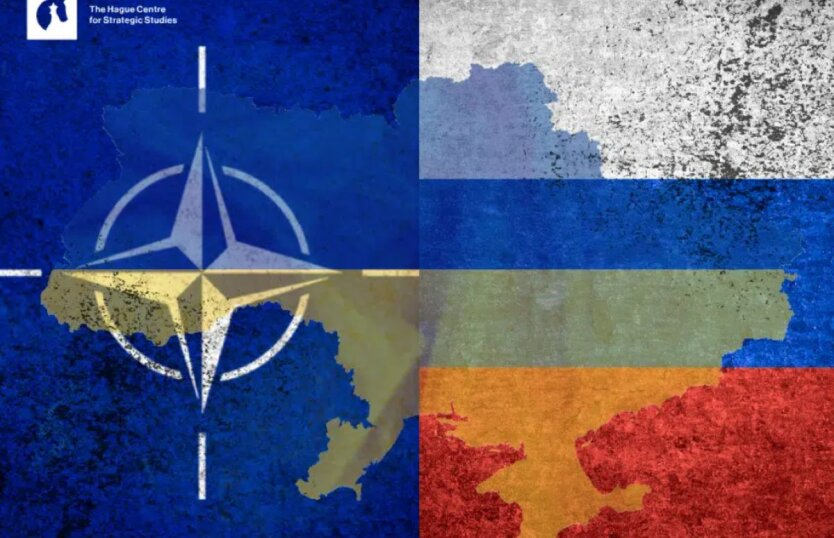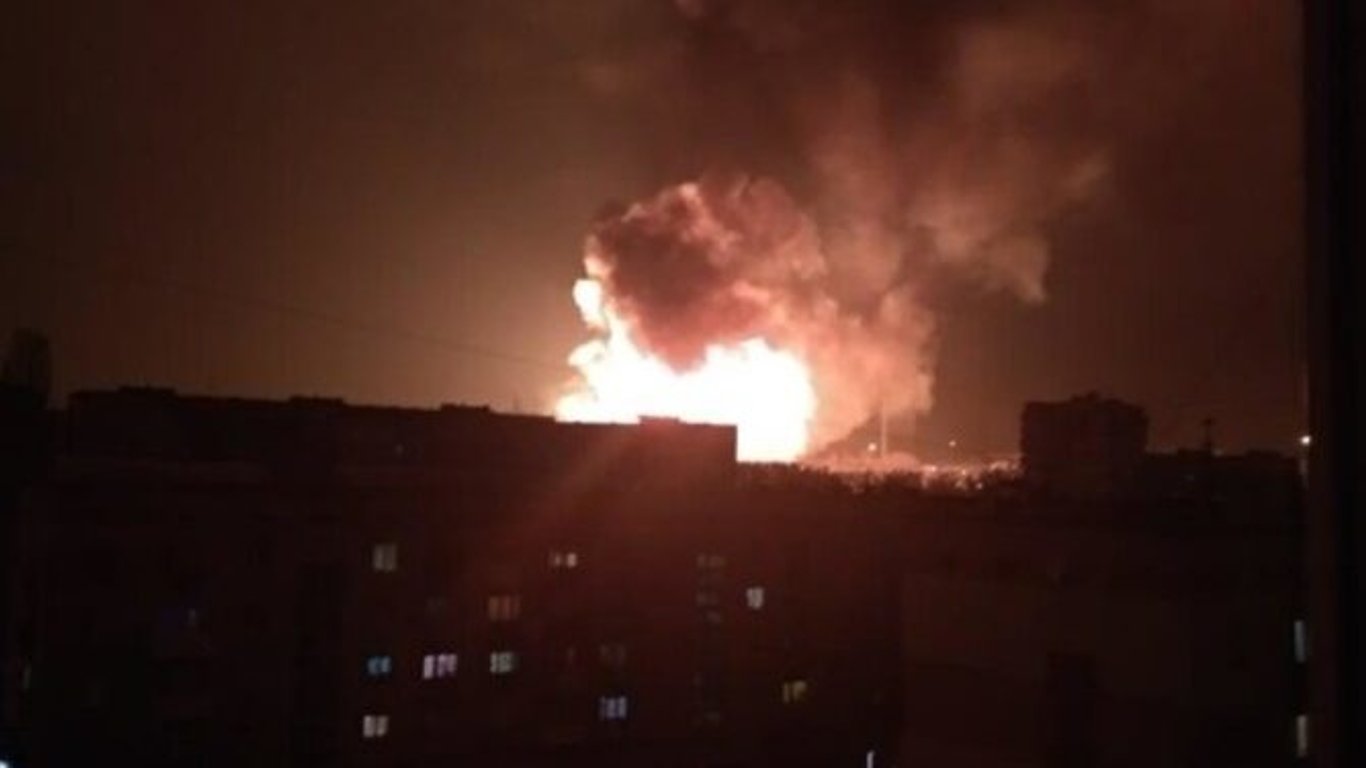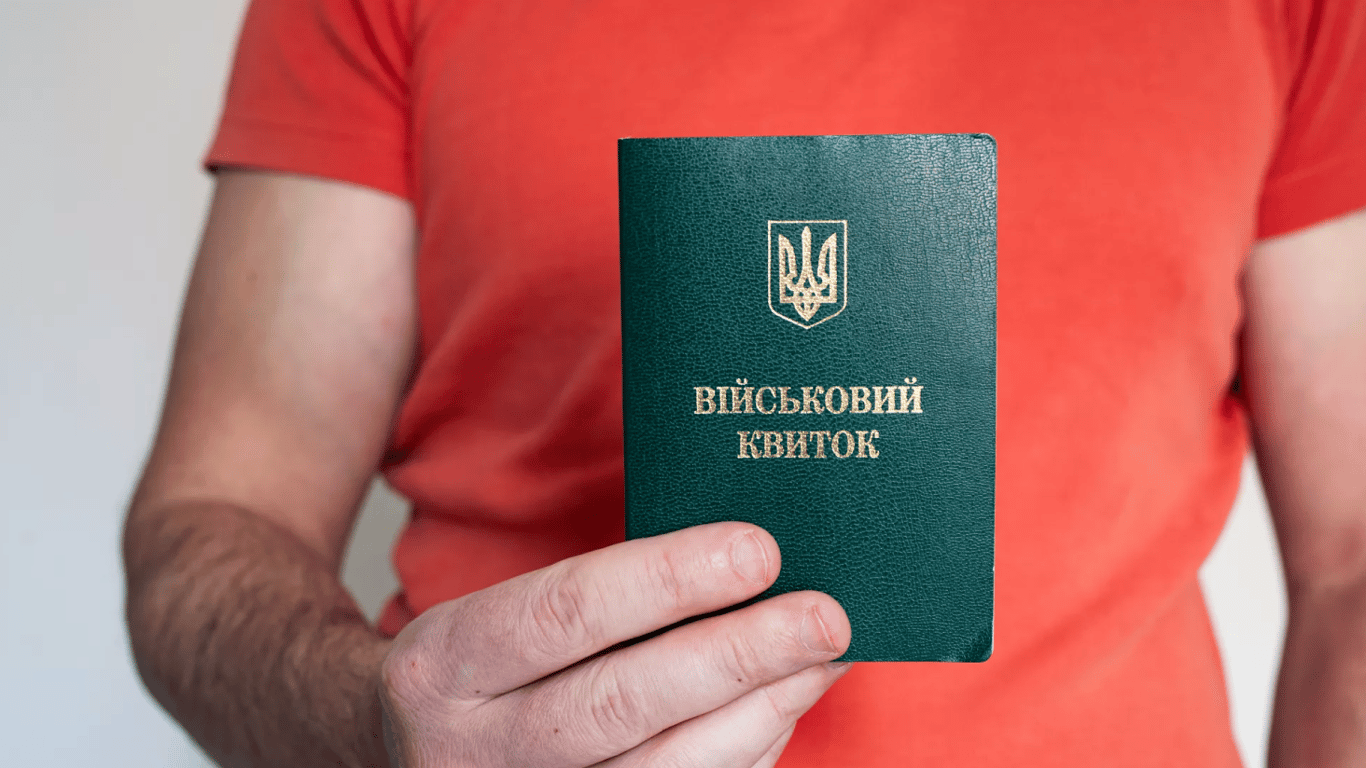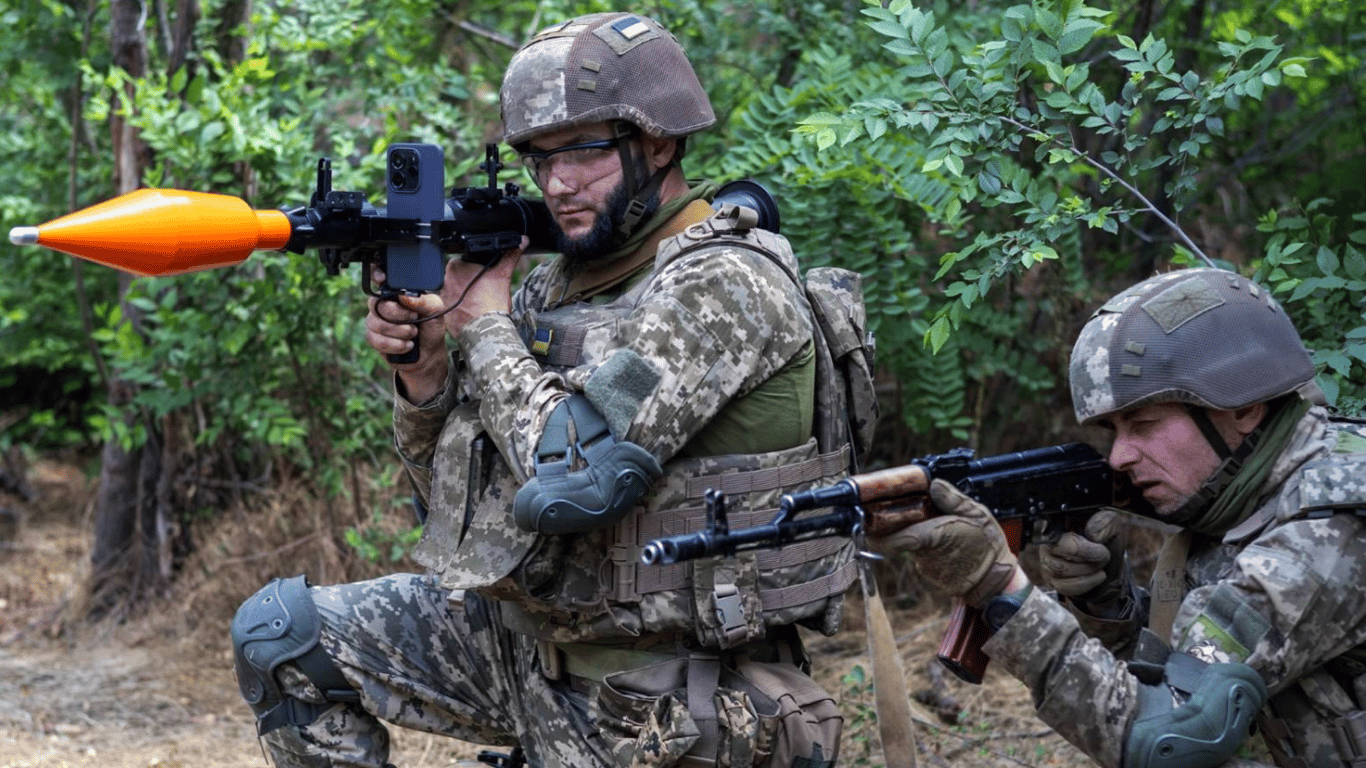‘Putin is Disappointed’: Head of NATO Committee on Russia's Nuclear Threats.


Chairman of the NATO Military Committee Admiral Rob Bauer commented on Vladimir Putin's statements regarding the review of Russia's nuclear deterrent doctrine. He believes these statements indicate Putin's dissatisfaction with the results of the war in Ukraine.
Bauer, in an interview with the agency ‘Interfax-Ukraine,’ noted that Russia has not achieved any of its strategic objectives in the war with Ukraine. He said: ‘They planned to capture Kyiv within five days, overthrow the government, and establish a puppet regime - not a single goal was achieved.’
The admiral emphasized that Ukraine is carrying out successful attacks on Russian targets with the support of partners from 50 countries. He cited examples of recent attacks on weapons depots and oil refineries in Russia.
Bauer stressed that Ukraine's actions are in line with international law: ‘Self-defense is not limited by borders. You can attack a nation that has attacked you to weaken its ability to continue fighting against you.
About Putin's statements that countries supporting Ukraine are participants in the war, Bauer said: ‘We are not participants in the war. What we are doing is in line with the UN Charter: we are helping a nation defending itself against an aggressor.’
The head of the NATO Military Committee emphasized the importance of supporting Ukraine and noted that this issue concerns not only the sovereignty of Ukraine but also the protection of the rules-based international order.
Read also
- Russia struck Kharkiv 10 times - what is known about the consequences
- The Absence of a Paper Military Document - Does the TCC Have the Right to Impose a Fine
- Red Ribbon in 'Reserve+' - Will it Disappear After Paying the Fine
- One-time Payments for Contract Soldiers 2025 — Amounts
- Russia's Strike on Residential Construction in Kharkiv - One Injured
- After the Russian attack on Ukraine, Poland has raised its aviation into the sky







